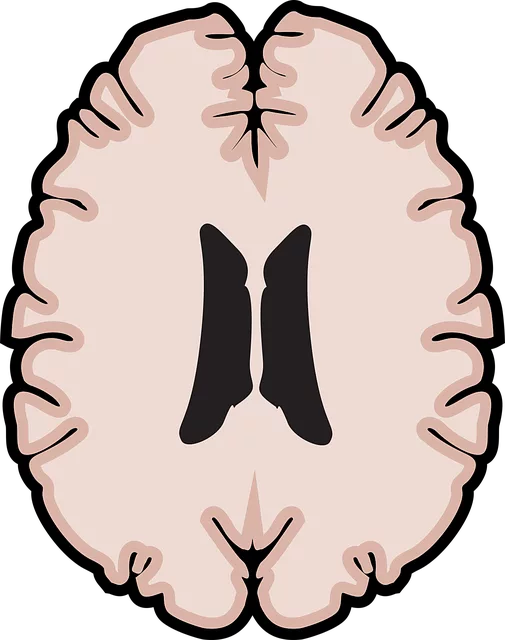Emotional Intelligence (EI), as evidenced by superior reviews of Kaiser Permanente's mental health center, is a vital driver of well-being and patient care. Through holistic approaches combining self-awareness exercises and mindfulness meditation, the center helps clients develop EQ, fostering understanding and empathy. This integrates EI into healthcare practices, enhancing communication, relationships, and personalized care. Prioritizing EI improves job satisfaction, reduces burnout, and cultivates a supportive network, leading to better patient outcomes and a positive work environment.
Emotional intelligence (EQ) is a powerful tool for personal and professional growth, and its impact can be profoundly seen in various aspects of life. This article explores the concept of EQ, delving into strategies proven effective at the Kaiser Permanente Mental Health Center to enhance this vital skill. We’ll uncover how building emotional intelligence leads to superior performance and reviews, demonstrating its far-reaching benefits in today’s dynamic world.
- Understanding Emotional Intelligence: Unlocking Its Potential
- Strategies for Enhancing EQ at Kaiser Permanente Mental Health Center
- The Impact of Emotional Intelligence: Superior Reviews and Beyond
Understanding Emotional Intelligence: Unlocking Its Potential

Emotional intelligence (EI) is a powerful tool that empowers individuals to understand and manage their own emotions, as well as recognize and empathize with others’ feelings. At the Kaiser Permanente mental health center, reviews highlight the superior role EI plays in enhancing overall well-being. Beyond mere emotional awareness, EI involves self-regulation, motivation, empathy, and social skills—all essential components for effective communication and successful relationships.
Building emotional intelligence isn’t just beneficial for personal growth; it also has significant implications in various settings, including healthcare. The Kaiser Permanente mental health center reviews consistently emphasize the importance of cultural competency training among healthcare providers. By integrating EI into their practice, healthcare professionals can improve patient interactions, foster better understanding, and provide more personalized care. Mental health education programs designed with an emphasis on EI can lead to enhanced self-esteem improvement, not just for patients but also for caregivers and medical staff.
Strategies for Enhancing EQ at Kaiser Permanente Mental Health Center

At Kaiser Permanente Mental Health Center, a commitment to enhancing Emotional Intelligence (EQ) is evident in their holistic approach to mental wellness. One of the primary strategies involves incorporating self-awareness exercises into therapy sessions. By encouraging clients to explore their emotions and thoughts, these exercises foster deeper understanding and empathy, both for oneself and others. This increased self-awareness is a cornerstone of EQ development, as it allows individuals to recognize and manage their emotional responses effectively.
In addition to self-awareness exercises, the center promotes mindfulness meditation as a powerful tool for boosting mental wellness. Regular meditation practices help reduce stress, improve focus, and enhance overall emotional regulation. Through guided sessions, clients learn to stay present, observe their thoughts without judgment, and cultivate a sense of calm. This practice not only contributes to improved EQ but also positively impacts individuals’ ability to navigate life’s challenges with resilience and adaptability.
The Impact of Emotional Intelligence: Superior Reviews and Beyond

Emotional intelligence (EI) is a powerful tool that extends far beyond personal growth and self-awareness. Its impact is profoundly felt in various aspects of life, especially in professional settings. At Kaiser Permanente mental health centers, for instance, superior reviews are often attributed to the high level of EI demonstrated by healthcare providers. Effective communication strategies and robust social skills training are at the core of their patient care approach.
By prioritizing emotional intelligence, healthcare professionals can significantly reduce burnout prevention strategies, enhancing job satisfaction and overall well-being. This, in turn, leads to improved patient outcomes and a more positive work environment. The benefits of EI are not just evident in reviews but also in fostering better relationships with colleagues and patients, creating a supportive network that is essential for quality healthcare delivery.
Emotional intelligence, a key factor in personal and professional success, can be cultivated through practical strategies. As evidenced by superior Kaiser Permanente mental health center reviews, enhancing EQ leads to improved relationships, better decision-making, and increased job satisfaction. By implementing the strategies outlined in this article, individuals and organizations alike can unlock their full potential and foster a more positive, productive environment.






